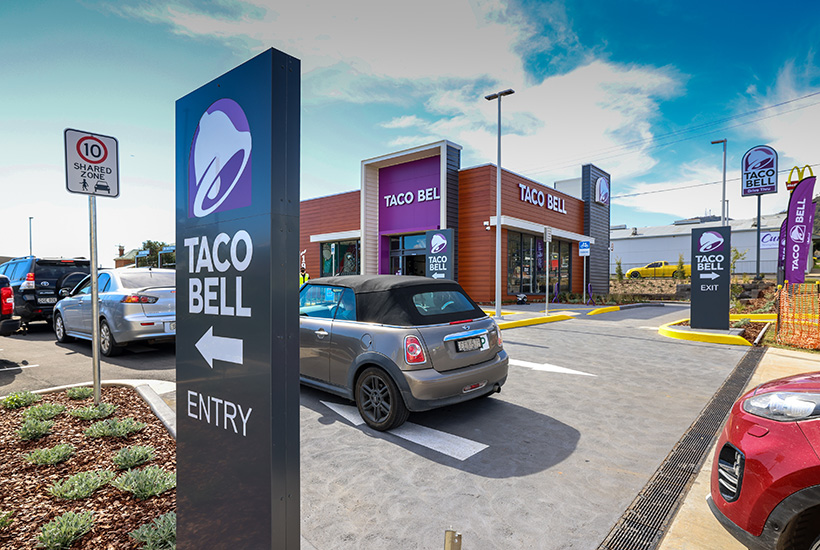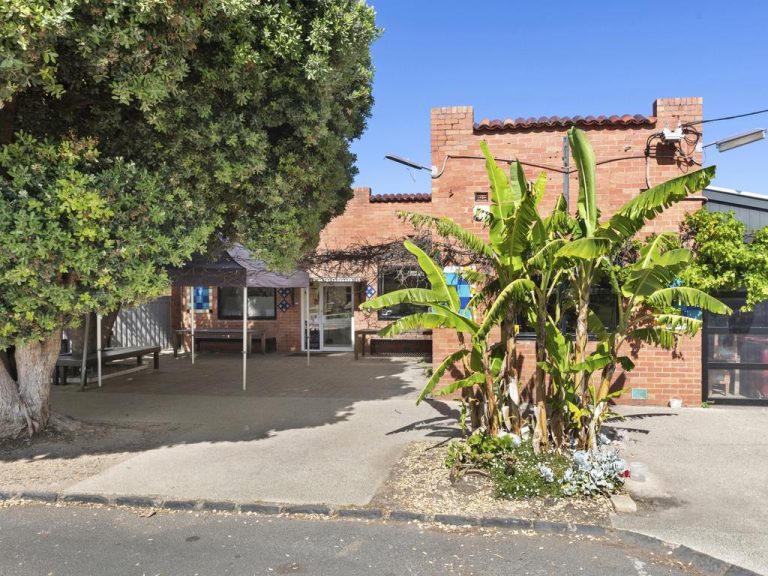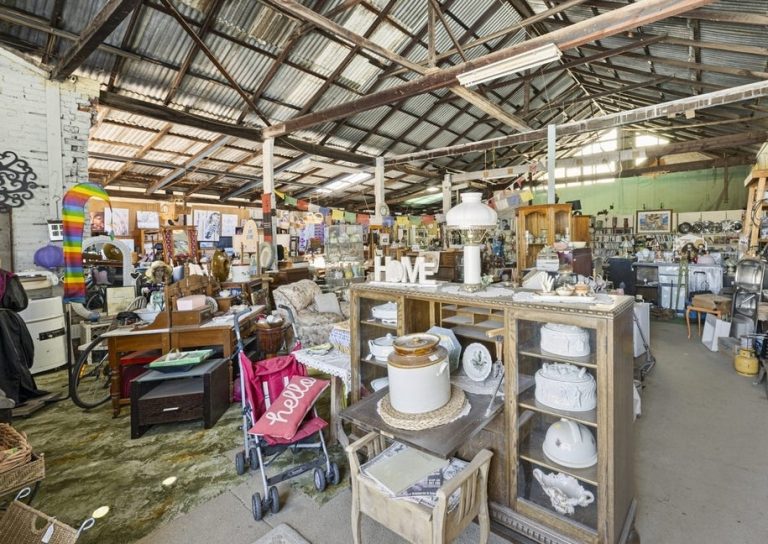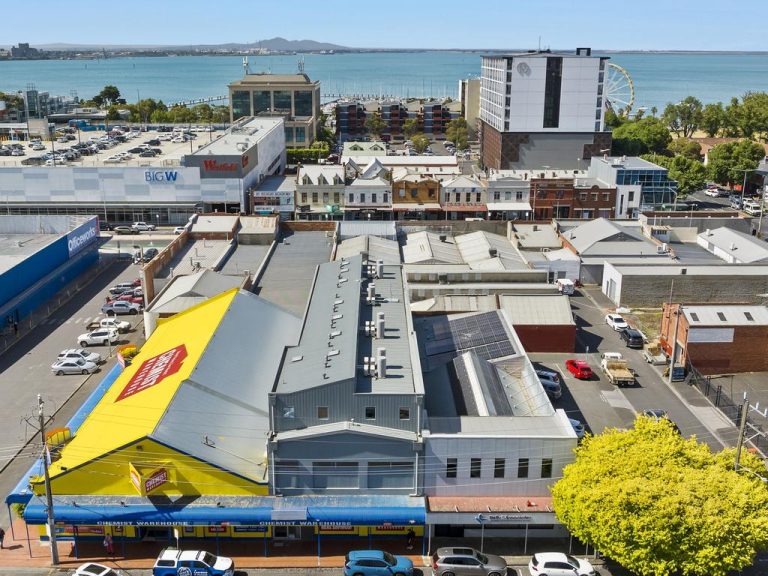Record auction shows intense demand for COVID-proof essential services

Cushman & Wakefield recorded their strongest portfolio auction in history in September, which proves intense demand remains for assets housing COVID-proof tenants.
There was fierce competition for essential services such as childcare centres, fast food outlets and healthcare properties. Collectively investors snapped up $43.8 million worth of assets, which sold for around $4.6 million above reserves with a 100% clearance rate.
Cushman & Wakefield’s head of national investment sales, Michael Collins, said cheap interest rates, a lack of stock and the attractive returns offered by industries who have proved resilient to the pandemic boosted sales.
“We’ve never seen such strong results. Investors’ hunt for yield remains insatiable,” he said.
“Investors are chasing industries that maintained really strong cash flows and profitability during COVID. That’s really what’s driving the investment market at the moment.”
Cushman & Wakefield received a record 1,024 enquiries and 145 requests for contracts for the nine properties in their September portfolio, held on Monday 27 September. This includes two properties seeking expressions of interest outside of auction.
REA Group economist Anne Flaherty said the results reflect renewed interest in commercial property. Enquiries on listings with realcommercial.com.au, for example, have increased dramatically over the last 12 months across all asset classes, she said.
“Those properties with good tenants in place that are less impacted by lockdowns are in very high demand, yet commercial property is very tightly held at the moment.
“So among those future-proof, COVID-safe asset types like childcare, fuel, medical, industrial and large format retail, we’re seeing demand exceed supply.”
Commercial attracting new buyers
Ms Flaherty said a diverse mix of buyer types are currently showing interest in commercial property, many for the first time.
These investors may be turning their back on stock market volatility as well as the dramatic price rises in residential property that are outstripping rent increases, pushing buyers to seek stronger yields elsewhere, she said.
Director Shane Robb at independent investment consultants Urbis said with interest rates remaining low, high net worth investors are simply getting impatient.
“We’re seeing that money that has been sitting there in savings moving into the market. And when you see that en masse, that’s going to bring prices up.”
Industrial demand stagnation?
While investors have favoured industrial properties in recent months, Mr Collins said these assets are losing favourability due to falling vacancy rates and rising rents.
Ms Flaherty, meanwhile, believes the industrial segment is holding strong, thanks to pandemic-related e-commerce demand and growth in the manufacturing sector, though stock remains an issue, she said.
Buyers are now witnessing the unusual scenario where industrial yields are dipping below retail and childcare yields.
“The industrial market has just become too expensive so investors are turning their attention to childcare and fast food,” Mr Collins said. “We’ve seen a big move to childcare that wasn’t there even three to six months ago.”
Record breaking result for childcare
Headlining the auction was the Lilyfield Early Learning Centre, one of the first inner Sydney childcare centres to hit the market in years and a record breaking result for a childcare centre sold at auction in Australia.

The Lilyfield Early Learning Centre sold for $14.35 million. Picture: Cushman & Wakefield
Offering a $550,000 per annum income and a 20-year lease, it sold for $14.35 million on a yield of 3.83%.
The Kids Club Childcare Centre in Darra,13km southwest of Brisbane, sold for $7.75 million on a yield of 4.9%, which is the highest price and lowest yield paid at auction for a Queensland childcare asset.
A G8 Education childcare centre in the regional town of Cessnock sold prior to auction for $6 million on a 5.12% yield.
These sales contribute to more than $200 million in childcare centres sold by Cushman & Wakefield since the start of the pandemic.
Government support during COVID-19 has underscored the sector, which is expected to only grow as lockdowns ease and Australia’s borders reopen, inviting population growth.
“These assets provide good rental income over the short term, plus their growth prospects are really positive,” Ms Flaherty said.
Fast food and healthcare boom
Ongoing confidence in the regions thanks to high population growth was reflected in the sale of Taco Bell in the NSW town of Tamworth for $4.7 million, more than $1 million over reserve, on a 3.77% yield.
Other fast food sales included a Hungry Jack’s in Muswellbrook, on the New England Highway in the NSW Hunter region, fetching $3.4 million on a 4.5% yield. A fast food and retail centre in Mackay sold before auction for $3.9 million, equating to a 6.05% yield.
Rounding out the portfolio was the NAB Business Banking Centre and the Centre for Gastrointestinal Health building, located within the Sydney healthcare precinct near the Gregory Hills Corporate Park southwest of Sydney. Providing a net income of $155,200 per annum, it sold for $3.6 million on a 4.25% yield.
A tightly held asset class, healthcare has also received a tidy boost from the pandemic and will also benefit from projected population growth.
“This has pushed a lot of investors to look at healthcare assets,” Ms Flaherty said. “It’s another future-proof investment type.”
Market acceleration
Mr Robb at Urbis said rates of return in commercial property are expected to “remain similar or potentially grow stronger” over coming months.
With interest rates expected to stay low, Mr Collins said hunger for essential services will only increase.
“As we come out of lockdowns, we think those industries will just go from strength to strength.”
The biggest threat, he said, is a possible rise in inflation.
Ms Flaherty agrees clearance rates for COVID-proof of assets are likely to remain strong, though she expects to see some yield compression for the most in-demand asset types like childcare centres moving forward.
“Any asset that has good quality tenants in place and a long weighted average lease expiry are going to see very high demand,” she said.







